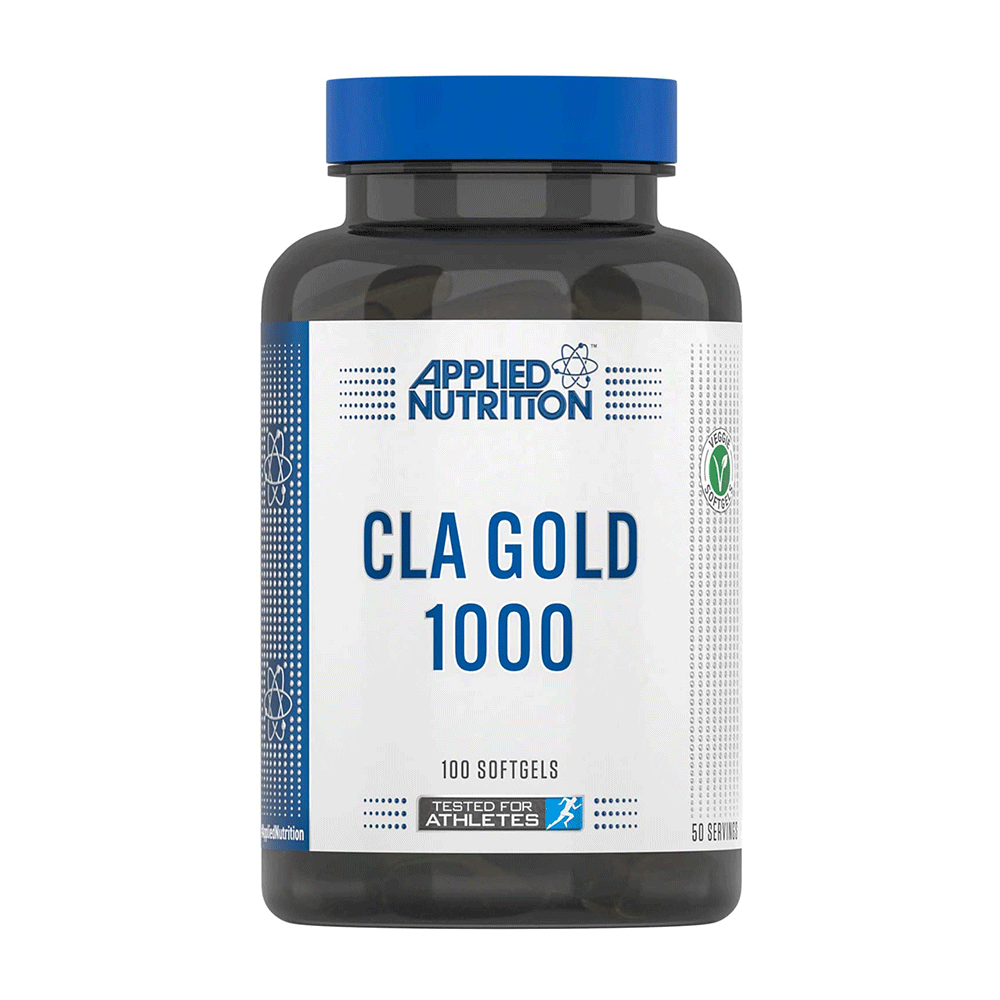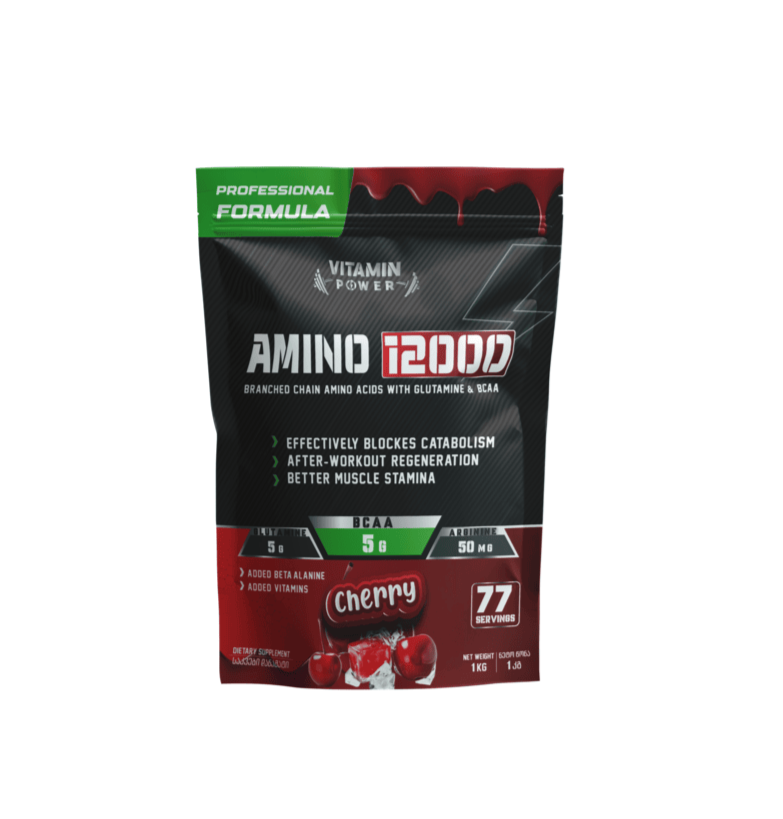Uns - Vitamin B1
42.00₾
| Quantity | 60 pills |
|---|---|
| Portion/servings | 60 |
In stock
Out of stock
- A solid dose - 100 mg of vitamin B1 (thiamine) in the form of thiamine mononitrate in each capsule.
- Vegetable capsules - unlike standard capsules, they do not contain gelatin of animal origin, they are vegetarian friendly.
- Clean label - in the Vitamin B1 product you will not find artificial fillers, unnecessary dyes or preservatives. Pure composition without impurities.
- It helps in the proper functioning of the nervous, endocrine and heart systems.
- It helps in maintaining proper psychological functions.
- It contributes to the maintenance of normal energy metabolism.
- Ecological, glass packaging (ideally suitable for recycling, thanks to which the consumption of energy, water and other resources is reduced).
- Dietary supplement produced in accordance with the highest GMP standards.
- It provides high-level supplementation throughout the month.
Vitamin B1 - role in the body, dosage
Vitamin B1 is a compound necessary for the proper functioning of the body, it plays an important role in energy metabolism. Participates in carbohydrate and amino acid metabolism, is responsible for the proper functioning of the nervous and cardiovascular systems. The demand for it depends on age, gender, body weight, physical activity and diet. The recommended norms are 0.5 to 1.5 mg per day.
Vitamin B1 - symptoms and effects of deficiency
Vitamin B1 deficiency can be caused by:
- long-term stress,
- abuse of coffee, tea and alcohol,
- intense physical and mental effort,
- vegetarian, vegan or unbalanced diet
- deterioration of thiamine absorption in the digestive tract with age,
- diuretics,
- chronic diseases (diabetes, cancer).
Thiamine deficiency is manifested by weakness, fatigue, muscle pain and cramps, muscle weakness, memory and concentration problems. Digestive system disorders may also appear, such as: vomiting, diarrhoea, circulatory system failure, neurological problems, decreased libido, edema, sensory disturbances, loss of menstruation.
When to supplement vitamin B1
Vitamin B1 should be supplemented by people exposed to stress, physically active and practicing sports, leading an intensive lifestyle, and the elderly. Vitamin B1 should also be taken by pregnant and lactating women, alcohol addicts, people on restrictive diets, people whose diet is rich in purified sources of carbohydrates (white rice, white flour, sugar), smokers, consuming large amounts of coffee and tea, people with liver diseases, hyperthyroidism, chronic diarrhea as well as everyone in the autumn and winter when there is less access to fresh vegetables and fruits.
Contraindications to the use of vitamin B1
The use of any dietary supplements should be consulted with a doctor by pregnant women, breastfeeding women, people with kidney and liver diseases. People who are allergic to any ingredient of the product should refrain from supplementation. Alcohol can reduce the absorption of thiamine, so it should not be consumed during vitamin B1 supplementation.
Vitamin B1 – what is it worth combining it with?
To increase the absorption of thiamine, it is worth supplementing with vitamins B2, B3, vitamins C and E, as well as manganese and magnesium.
Usage
Consume 1 serving (1 capsule) daily with water.
Do not exceed the recommended daily intake. Dietary supplements cannot be used as a substitute (replacement) of a varied diet. A balanced diet and a healthy lifestyle are important for maintaining good health. Pregnant women and nursing mothers should consult a doctor before using the preparation. Do not consume if you are allergic to any of the product ingredients.
Delivery service
Delivery throughout Tbilisi
- The cost of delivery service throughout Tbilisi is 4 GEL
- Delivery service is open from Monday to Friday from 11:00 to 20:00
- Delivery takes place within 2 working days after placing the order.
- You can use express order, which means delivery of the fixed order before 17:00 on the same working day, which costs 8 GEL.
- If the total cost of the order is 200 GEL or more, the delivery service is free.
- You can pay for the product either by using our bank card as a website, as well as by transferring money to the company's account or by receiving a parcel on the spot, both by plastic card and by cash. (You must indicate this information when placing an order)
Delivery throughout Georgia
When using delivery throughout Georgia, the cost of the product is paid only through an online bank account or by pre-transferring money to the company's account.
Georgian post
On the second working day after placing the order, the order is transferred to the Georgian Post, the average transportation time of which is 2-3 working days. To pick up the message, you must go to the relevant Georgian post office. You pay the shipping cost when receiving the parcel according to the weight of the shipment (average 8-15 GEL).

















მიმოხილვა
მიმოხილვები ჯერ არ არის.